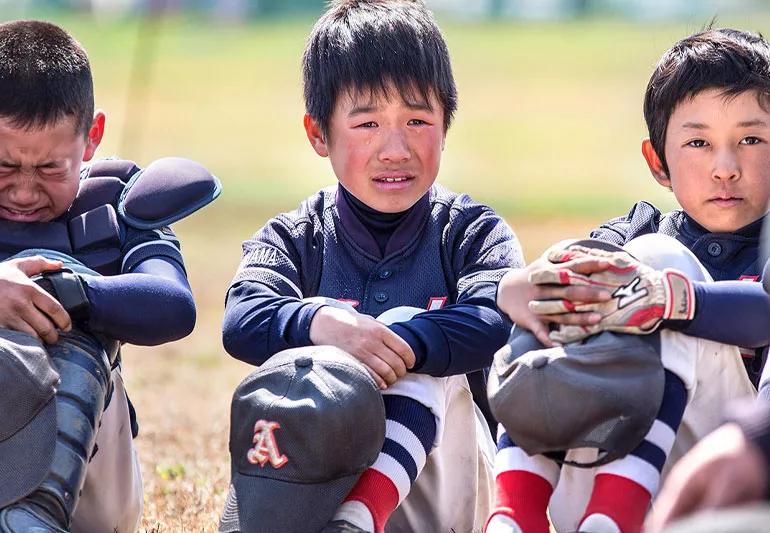Grace and humility are important traits to develop at a young age

Losing is bound to happen — it’s just the way the world works. If your child plays competitive sports or loves family game nights, they are bound to lose sometimes. And, as a parent, it’s your job to help your child learn how to handle these disappointments calmly. It isn’t always the easiest task to take on, but it’s crucial for your child’s behavior development.
Advertisement
Cleveland Clinic is a non-profit academic medical center. Advertising on our site helps support our mission. We do not endorse non-Cleveland Clinic products or services. Policy
Child psychiatrist Joseph Austerman, DO, says teaching this skill is vital to helping children manage difficulties later in life.
“It’s your responsibility as a parent to help children navigate when things aren’t going their way,” he says. “The better you teach them this as children, the better they’ll be able to do it as adults.”
Dr. Austerman offers these tips to help your child learn to handle disappointments and losses in sports and games.
Advertisement
It might also be helpful to examine the behavior of your child’s coaches and teammates/friends when they experience loss, as well as the parents of those teammates and friends.
Children are easily influenced by their coaches, friends and friends’ families. If you notice temperamental behavior coming from both children and adults who are spending time around your child, consider having meaningful (not accusatory) conversations with them about how your child is affected. If the toxicity continues, it might be best to remove your child from the team or have them spend less time with those friends.
“No matter what,” Dr. Austerman says, “Maintain patience with your child. Learning how to cope with competitive losses gracefully can take time.”
“This is a process as children grow,” he says. “Continue to praise your children for good efforts and good behaviors. It will help them learn how to handle and work through frustrating situations.”
Advertisement

Sign up for our Health Essentials emails for expert guidance on nutrition, fitness, sleep, skin care and more.
Learn more about our editorial process.
Advertisement

Most kids start losing baby teeth around age 6 — but there’s some wiggle room in the timeline

From playful movement to strength-building, kids need exercise to stay healthy and strong

Combat summer learning loss and keep young brains engaged with low-pressure learning

Heap on the praise for a job well done and stay consistent

Have their eyes evaluated shortly after birth, before their first birthday, and at ages 3, 5 and beyond

Routine screenings at school are normal and important

Teaching kids how to share at the appropriate age can help them develop social skills and manage their emotions

By disrupting a child’s ability to think and act for themselves, snowplow parents run the risk of delaying their child’s ability to learn

Even small moments of time outdoors can help reduce stress, boost mood and restore a sense of calm

A correct prescription helps your eyes see clearly — but as natural changes occur, you may need stronger or different eyeglasses

Both are medical emergencies, but they are very distinct events with different causes